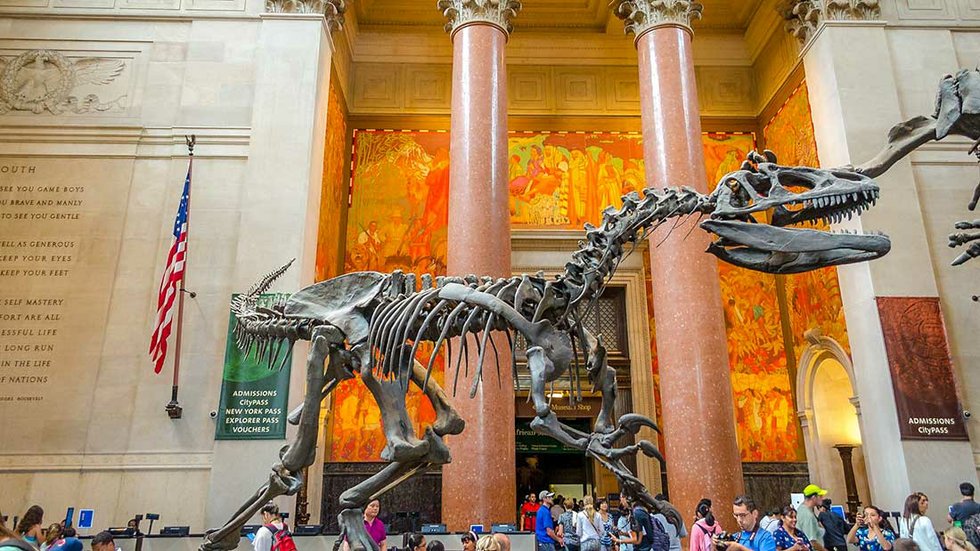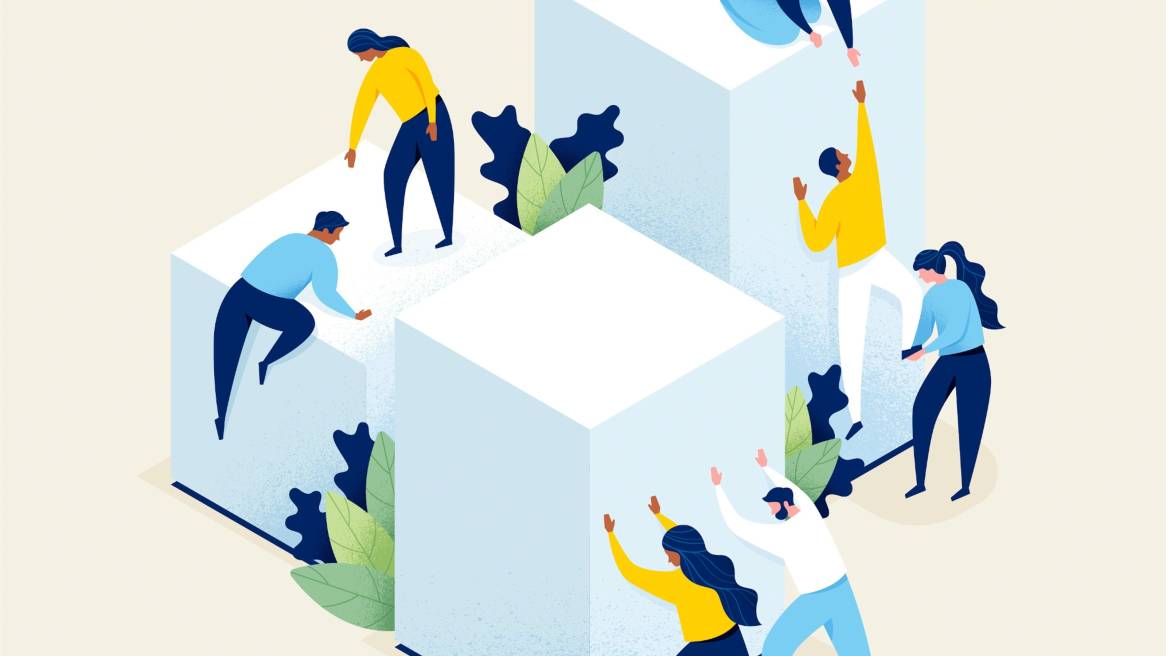
In an increasingly interconnected world, the concept of identity has become more complex and fluid. The forces of globalization have not only expanded our horizons but also challenged traditional notions of identity formation and cultural assimilation.
This article explores the impact of globalization on personal identity, examining the notion of cultural hybridity and the challenges it presents. Additionally, it considers how digital technologies have further complicated the construction of identity in a globalized society.
Finally, it investigates the role that education plays in shaping individual identities in this ever-changing landscape.
Key Takeaways
- Globalization challenges traditional notions of identity by increasing cultural diversity and exposing individuals to different customs, beliefs, and values.
- Cultural hybridity is connected to identity formation in a globalized world, allowing individuals to adapt and blend multiple cultural backgrounds.
- Assimilating into a different culture presents various challenges, including navigating unfamiliar social norms, customs, and traditions, as well as language barriers and conflicting values.
- Maintaining a distinct sense of self online is a challenge in the digital age, as online self-expression blurs boundaries between reality and fiction, requiring careful consideration and awareness.
The Influence of Globalization on Identity
Globalization has had a significant impact on the formation and construction of individual and collective identities. The ever-increasing interconnectedness of societies and cultures has resulted in cultural diversity becoming more prevalent than ever before. As borders become less restrictive, people are exposed to a variety of customs, beliefs, and values that challenge their own sense of self identity.
Cultural diversity, a product of globalization, offers individuals the opportunity to explore different aspects of their identity. Experiencing diverse cultures allows individuals to question their preconceived notions about themselves and others. This process can lead to a deeper understanding and acceptance of one's own identity as well as an appreciation for the identities of others.
However, globalization also brings challenges for self identity. With so many influences from around the world, individuals may feel overwhelmed or uncertain about where they fit in within this global culture. Navigating through these complexities requires introspection and an open mind to embrace new ideas while staying true to one's core values.
In conclusion, globalization has both positive and negative impacts on individual and collective identities. Cultural diversity provides opportunities for personal growth and understanding, but it also presents challenges in navigating through a global culture that is constantly evolving.
Cultural hybridity and the formation of identity are intricately connected in a world characterized by diverse cultural influences. In this globalized era, individuals are constantly exposed to various cultures, leading to cultural adaptation and the blending of different identities.
The concept of multiculturalism plays a crucial role in this process, as it encourages the acceptance and celebration of multiple cultural backgrounds. Cultural hybridity allows individuals to express themselves in unique ways, combining elements from different cultures to create a personal identity that reflects their experiences and beliefs.

This fluidity in identity formation challenges traditional notions of belonging and nationality, highlighting the complexities of navigating one's sense of self in a global culture. As individuals embrace cultural hybridity, they redefine notions of authenticity and pave the way for new forms of self-expression that transcend geographical boundaries.
Challenges of Cultural Assimilation
The process of assimilating into a different cultural group can present various challenges and complexities. Cultural adaptation involves navigating unfamiliar social norms, customs, and traditions, which can be overwhelming for individuals attempting to preserve their own cultural identity while also integrating into a new society.
These challenges often arise due to the tension between the desire to fit in and the need to maintain one's original cultural heritage. Some of the specific challenges include language barriers, discrimination or prejudice from both the host culture and one's own community, and conflicting values and beliefs.
Additionally, cultural assimilation can lead to a loss of individuality as individuals feel pressured to conform to societal expectations. Despite these difficulties, successful cultural adaptation requires finding a balance between preserving one's original culture while embracing aspects of the new culture.
Identity in the Digital Age
In the digital age, individuals face the challenge of maintaining a distinct sense of self amidst the vast online landscape. Online self-expression has become a fundamental aspect of modern identity formation, as individuals navigate virtual communities and engage with others through various digital platforms.
These virtual spaces offer opportunities for individuals to explore different facets of their identity, experiment with new forms of self-presentation, and connect with like-minded individuals from around the world. However, the freedom that comes with online self-expression also brings challenges.
The ability to curate one's online persona can lead to a blurring of boundaries between reality and fiction, as individuals may present an idealized version of themselves or adopt multiple personas across different platforms. This raises questions about authenticity and the potential consequences of constructing an online identity that deviates from one's offline self.
Ultimately, navigating identity in the digital age requires careful consideration and awareness of how our online selves intersect with our offline lives.
The Role of Education in Shaping Identity
Education plays a crucial role in shaping and influencing one's sense of self and identity formation. Educational institutions provide a structured environment where individuals can explore their interests, discover new perspectives, and engage with diverse ideas and cultures. Through academic pursuits, students are exposed to different subjects, theories, and philosophies that challenge their preconceived notions and encourage critical thinking. This process of self-discovery allows individuals to reflect on their beliefs, values, and aspirations, ultimately contributing to the development of their identity.

However, it is important to acknowledge that socioeconomic disparity can significantly impact identity formation within educational settings. Students from disadvantaged backgrounds may face systemic barriers such as limited access to resources or inadequate support systems that hinder their ability to fully explore their potential. As a result, these individuals may grapple with a fragmented sense of self or struggle to reconcile conflicting aspects of their identity due to societal inequalities.
Efforts should be made within educational institutions to address these disparities by providing equal opportunities for all students. By fostering an inclusive learning environment that celebrates diversity and promotes empathy, educational institutions can play a vital role in empowering individuals from all socioeconomic backgrounds in shaping their identities.
Frequently Asked Questions
Globalization has significant implications for the economic aspects of identity formation. It contributes to economic inequality by enabling global market integration, which can lead to the marginalization and exploitation of certain groups within society.
What are some examples of cultural hybridity in popular culture?
Cultural fusion and cross-cultural exchange are evident in popular culture through various examples. For instance, music genres like reggaeton blend elements from different cultures, while fashion trends incorporate styles from diverse traditions, showcasing the dynamic nature of cultural hybridity.
What are the psychological challenges faced by individuals during cultural assimilation?
During cultural assimilation, individuals often face psychological challenges such as cultural adaptation and identity crisis. They may struggle to reconcile their original cultural identity with the new one, leading to feelings of confusion, loss, and a sense of belongingness.
The digital age contributes to the formation of multiple identities through the creation of digital personas and involvement in online communities. This allows individuals to freely explore different aspects of their identity and connect with like-minded individuals globally.
What specific ways can education help individuals shape their identity in a globalized world?
Education's role in shaping identity in a globalized world is crucial. It provides individuals with the tools to navigate cultural adaptation, fostering understanding and empathy. By exposing students to diverse perspectives, education encourages critical thinking and promotes open-mindedness, empowering individuals to form their own unique identities.
 SportsHollywoodLifestyleFashionHome & GardenTrendsPrivacy PolicyTerms And Conditions
SportsHollywoodLifestyleFashionHome & GardenTrendsPrivacy PolicyTerms And Conditions
